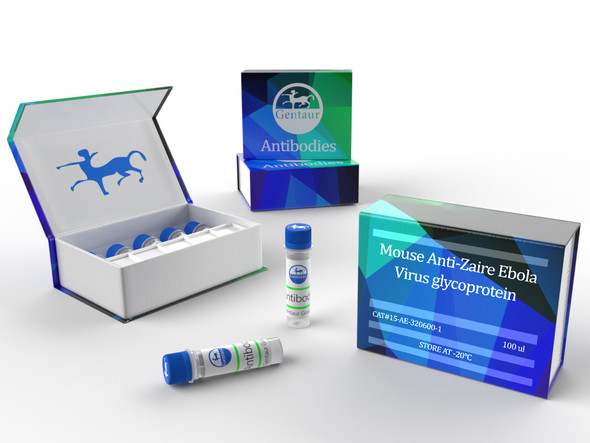Description
MOUSE ANTI-RUBELLA VIRUS GLYCOPROTEIN E1 (1714)
Rubella virus glycoprotein E1 antibody (clone 1714), is a mouse monoclonal antibody that recognises the structural glycoptotein E1 of Rubella virus. Rubella virus glycoprotein E1 antibody is suitable for use in immunoassay research and development.
PRODUCT DETAILS – MOUSE ANTI-RUBELLA VIRUS GLYCOPROTEIN E1 (1714)
- Mouse anti-glycoprotein E1 monoclonal IgG1 antibody (clone 1714).
- Greater than 90% purity by SDS-PAGE and buffered in PBS, pH7.4.
BACKGROUND
Rubella virus is a single stranded positive sense RNA virus. It is the sole member of the Rubivirus genus which belongs to the Togaviridae family of viruses. Rubella virus contains three structural proteins, the capsid protein, and glycoproteins E1 and E2. The virus also encodes non-structural proteins p90 and p150, which are involved in viral replication. Humans are the only known host of Rubella virus and infection is spread from person-to-person via respiratory aerosol droplets.
First isolated in 1962, Rubella virus is the causative agent of a highly contagious disease known as Rubella or German Measles. Rubella is an acute self-limiting and generally mild disease predominantly affecting children and young adults. The infection can be asymptomatic in some cases or may cause a mild fever with symptoms of malaise, conjunctivitis and a maculopapular rash (Lambert, N).
However, Rubella virus contracted during the first trimester of pregnancy is of significant health concern, as it can be passed to the foetus in approximately 90% of cases (WHO). Rubella infection in the foetus can result in miscarriage, foetal death or multiple congenital defects referred to as congenital rubella syndrome (CRS). Congenital defects associated with CRS commonly affect hearing, sight, heart and brain. Other life-long conditions associated with CRS include autism, thyroid dysfunction and diabetes mellitus (CDC).
Rubella infection and vaccination provide >95% chance of developing lifetime immunity. Vaccination, using a live attenuated strain of the virus, has significantly reduced the risk of developing Rubella, and CRS, in countries where a well-established vaccination program is in place. However, many countries still do not include Rubella vaccination in their National immunization programme and women of childbearing age are at high risk of developing Rubella in these areas.
REFERENCES
- Lambert N, Strebel P, Orenstein W, Icenogle J, Poland GA. (2015). Rubella. Lancet. Jun 6;385(9984):2297-307.
- World Health Organization: Factsheet/Rubella






